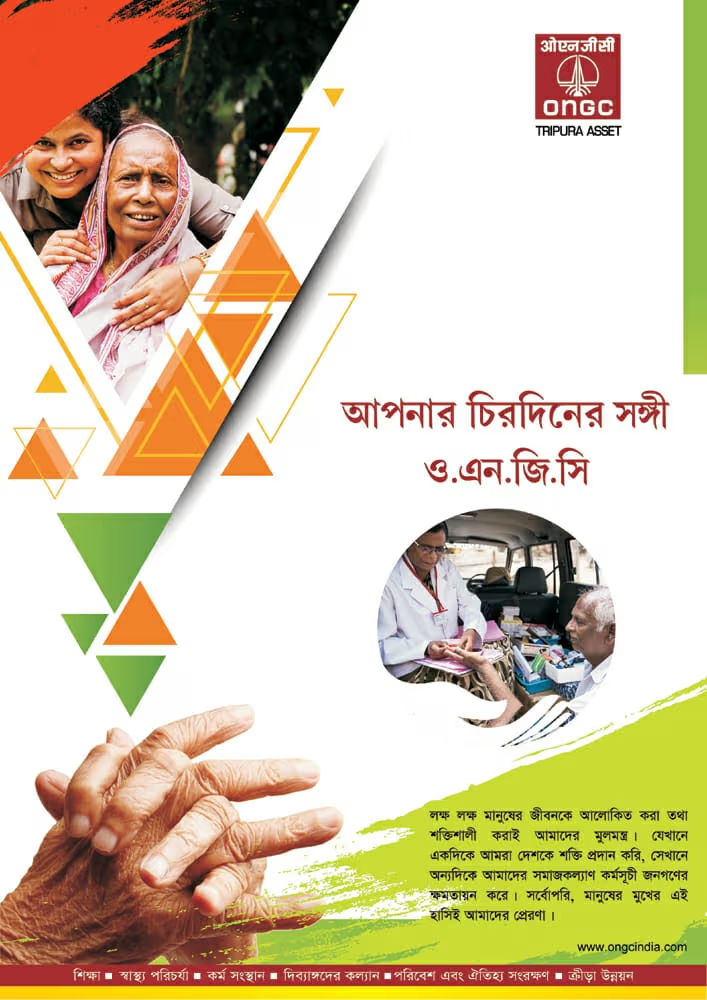Fatwa issued against voting for non-Muslim candidates ahead of general polls in Pakistan, triggers concerns among minorities
Several hateful contents have started to circulate on social media targeting the religious minority communities of the country ahead of the February 8 general polls in Pakistan.

A fatwa — a legal ruling by Islamic scholars — issued by a Karachi-based seminary earlier in the day, regarding minority candidates resurfaced on Facebook and X platforms suggesting voters prefer Muslim candidates over the ones belonging to minorities, reported The News International.
Jamia Uloom Islamia, New Town, famously known as Jamia Binori Town, reportedly issued the Fatwa.
The religious school is considered as an influential seminary of the country.
Chaman Lal, a minority rights activist, shared an image of the undated decree on Facebook stating: "A Fatwa is issued that, it is permissible to take votes from the population of more than one million minorities, but Today a fatwa has been issued that it is not permissible to vote for minority candidates in the general election."
The fatwa in question was issued after a query: "Is it permitted under Islamic laws to vote for a non-Muslim candidate?"
In response, the fatwa said: "The vote should be given to a candidate who has the required qualifications and ability, his party manifesto must also be correct and about whom there's satisfaction that he can take better steps for the people of their constituency, religiously and secularly. And because the non-Muslim candidate does not live up to these standards; it is better to vote for a Muslim candidate."
Commenting on the matter, Chaman Lal was quoted as saying by The News International: "When the constitution has given equal rights then those people who have worked for the betterment of their area and are willing to work more for the people of Pakistan, then why shouldn't people cast their votes in favour of them even if they belong to minorities?"
"The world is running after technology while Pakistan is still stuck in religious issues — which is no doubt important but it is a personal matter. When it comes to the state then good candidates should come forward even if they belong to a minority community," he added.

IBNS
Senior Staff Reporter at Northeast Herald, covering news from Tripura and Northeast India.
Related Articles

Blind man charged with blasphemy in Pakistan
A blind Christian man has been arrested and charged with blasphemy after a Muslim person accused him of insulting the Prophet, media reports said.

Pakistan: Child labour dies after falling into a burning furnace while working in a kiln
A 14-year-old Pakistani child worker died after he fell into a burning furnace while working in a kiln, media reports said.

IN-SPAN: Indian Embassy in Nepal opens applications for cross-border startup initiative
The Indian Embassy in Nepal has unveiled a new startup platform IN-SPAN, inviting applications from Nepali entrepreneurs with transformative ideas to participate in the cross-border initiative connecting the vibrant startup ecosystems of the neighbouring nations.

Masked suspects, intentional explosion: What we know about Harvard blast
Authorities said on Sunday that an explosion at Harvard Medical School’s Goldenson Building appeared to be intentional, though no casualties were reported.

Latest News

Pilgrimage turns tragic in Rajasthan: 15 die in Jodhpur after a traveller hits parked truck while returning from Kolayat Temple

Sanskriti Haat symbolizes unity in diversity: CM

Blind man charged with blasphemy in Pakistan

Massive Ganja plantation destroyed by North Tripura police

